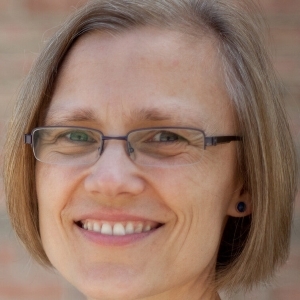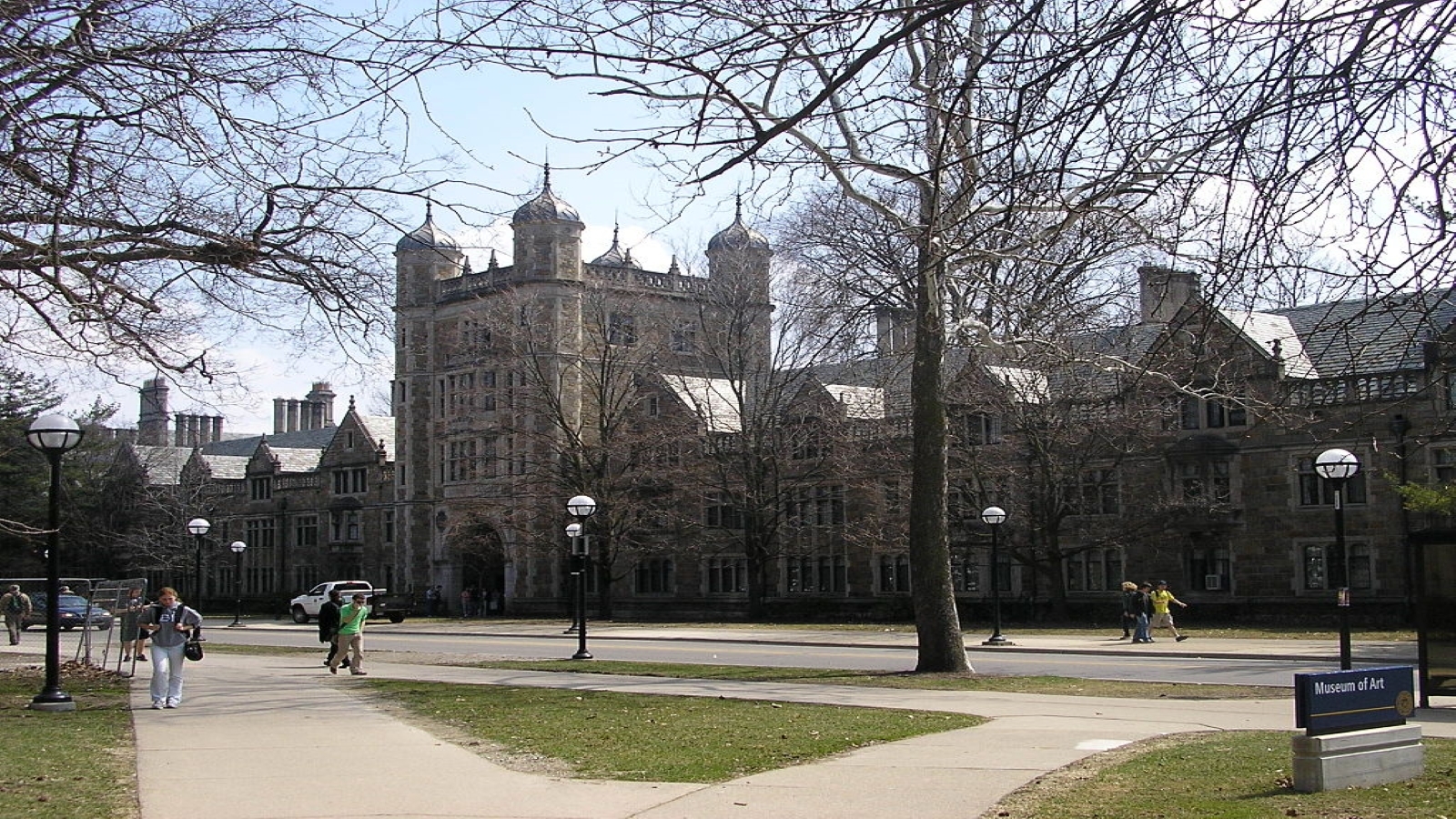Two University of Michigan engineering professors were recently honored with a prestigious award. | Wikimedia Commons
Two University of Michigan engineering professors were recently honored with a prestigious award. | Wikimedia Commons
Two University of Michigan (UM) professors from the College of Engineering were recently awarded with one of the highest honors in their field, being named members of the National Academy of Engineering (NAE).
Lutgarde Raskin, professor of civil and environmental engineering, and Kamal Sarabandi, professor of electrical engineering and computer science, join 34 other UM faculty as members of the NAE, according to a University of Michigan press release.
“I have known Professor Raskin and Professor Sarabandi for many years, and they have continually demonstrated inspiring levels of ingenuity and dedication -- to their respective research fields, to their students and to society at large,” Alec Gallimore, the Robert Vlasic dean of Engineering, told the University of Michigan. Gallimore is also a fellow member of the NAE.

Lutgarde Raskin, professor
| University of Michigan
In total, the NAE named 106 new members and 23 international members to its ranks.
Raskin, whose research involves the study of microbial communities in drinking water and wastewater treatment systems, said that she was honored by the recognition, and indebted to all those she has worked alongside, whether at UM or during her previous time at the University of Illinois at Urbana-Champaign.
Raskin is also the Vernon Snoeyink Distinguished University Professor of Environmental Engineering, the Altarum/ERIM Russell O’Neal Professor of Engineering, and associate dean for academic programs and initiatives at the Rackham Graduate School.
Sarabandi has developed advanced mathematical models of radar scattering, which make it possible for satellites to measure such things as soil moisture, snowpack volume and how much carbon a forest holds. His research has also led to development of miniaturized radar devices that make it possible for small, autonomous systems to be deployed as reconnaissance or for surveillance.
“It has been a long and joyful scientific journey for me so far, and getting such recognition along the way is truly wonderful,” Sarabandi, the Rufus Teesdale Professor of Engineering, was quoted as saying in the release. “I am earnestly grateful and attribute much of this to the support I have received from my students and colleagues, as well as my department, the college and the University of Michigan.”




 Alerts Sign-up
Alerts Sign-up